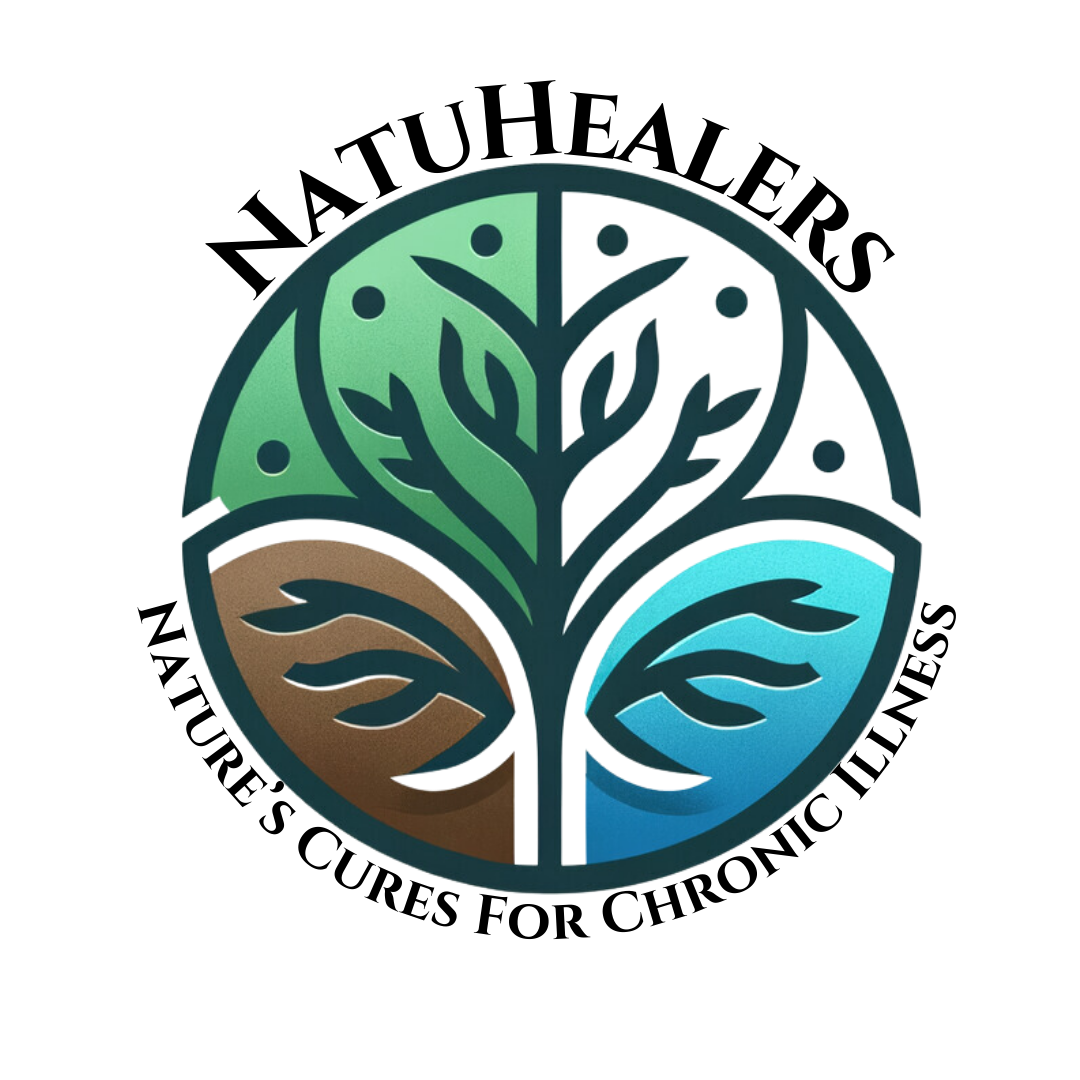As I delve into the world of oral health, I often encounter a condition that many people overlook: thrush. This fungal infection, caused primarily by an overgrowth of Candida albicans, can manifest in various ways, often leading to discomfort and distress. I’ve seen firsthand how this condition can affect individuals, from the young to the elderly, and understanding its causes and symptoms is crucial for effective management.
Thrush typically arises when the balance of microorganisms in the mouth is disrupted, which can happen due to factors such as antibiotic use, a weakened immune system, or even hormonal changes. The symptoms of thrush can be quite telling. I’ve observed that many individuals experience white patches on their tongues or inner cheeks, which can be painful and may bleed when scraped.
Additionally, some may report a burning sensation in the mouth or difficulty swallowing. It’s essential to recognize these signs early on, as they can lead to more severe complications if left untreated. The discomfort associated with thrush can significantly impact one’s quality of life, making it imperative to address the issue promptly and effectively.
Contents
- 1 Natural Remedies for Thrush: A Holistic Approach
- 2 Herbal Remedies for Thrush: Plant-Based Solutions
- 3 Dietary Changes for Thrush Relief: Foods to Include and Avoid
- 4 Homeopathic Remedies for Thrush: Alternative Healing Methods
- 5 Lifestyle Changes for Thrush Management: Stress Reduction and Self-Care
- 6 DIY Thrush Treatments: Homemade Remedies to Try
- 7 Seeking Professional Help: When to Consult a Healthcare Provider
- 8 FAQs
Key Takeaways
- Thrush is caused by an overgrowth of the Candida fungus and can result in symptoms such as white patches in the mouth, soreness, and difficulty swallowing.
- Natural remedies for thrush include probiotics, coconut oil, and garlic, which can help restore the balance of good bacteria in the body and fight off the Candida fungus.
- Herbal remedies such as oregano oil, tea tree oil, and pau d’arco can be effective in treating thrush due to their antifungal properties.
- Dietary changes to relieve thrush symptoms include avoiding sugar and refined carbohydrates, and incorporating more probiotic-rich foods and anti-inflammatory foods into the diet.
- Homeopathic remedies like borax, calendula, and sulphur can be used to address thrush symptoms and promote overall healing, in addition to lifestyle changes such as stress reduction and self-care practices.
Natural Remedies for Thrush: A Holistic Approach
In my journey as a natural oral health advocate, I’ve discovered that a holistic approach to treating thrush can yield remarkable results. Rather than relying solely on conventional medications, I encourage individuals to explore natural remedies that not only alleviate symptoms but also promote overall wellness. One of the most effective strategies I’ve found is to incorporate probiotics into one’s daily routine.
These beneficial bacteria help restore balance in the oral microbiome, combating the overgrowth of Candida and supporting a healthy immune response. Another powerful natural remedy I advocate for is the use of coconut oil. Known for its antifungal properties, coconut oil can be swished around the mouth as an oil pulling technique.
This practice not only helps eliminate harmful bacteria but also soothes inflammation and promotes healing. I’ve seen countless individuals experience relief from thrush symptoms by integrating these natural remedies into their daily lives, reinforcing my belief in the body’s innate ability to heal itself when given the right tools.
Herbal Remedies for Thrush: Plant-Based Solutions

As I continue to explore the realm of natural healing, I find myself drawn to the incredible power of herbs in managing conditions like thrush. Nature has provided us with a plethora of plant-based solutions that can effectively combat fungal infections. One herb that stands out in my research is oregano oil.
Renowned for its potent antifungal properties, oregano oil can be diluted and applied topically or taken internally to help fight off Candida overgrowth. Another herbal remedy that has garnered my attention is garlic. This humble bulb is not only a culinary delight but also a powerful ally in the battle against thrush.
Garlic contains allicin, a compound known for its antifungal and antimicrobial properties. Incorporating fresh garlic into meals or taking garlic supplements can bolster the body’s defenses against Candida and promote a healthier oral environment. Through my experiences, I’ve witnessed how these herbal remedies can provide significant relief and support overall oral health.
Dietary Changes for Thrush Relief: Foods to Include and Avoid
| Dietary Changes for Thrush Relief | Foods to Include | Foods to Avoid |
|---|---|---|
| Probiotics | Yogurt, kefir, sauerkraut | Sugary yogurt, sweetened kefir |
| Antifungal Foods | Garlic, coconut oil, apple cider vinegar | Sugar, refined grains |
| Hydration | Water, herbal teas | Sugary drinks, alcohol |
| Alkaline Foods | Leafy greens, almonds, cucumbers | Processed foods, red meat |
In my quest for optimal oral health, I’ve come to realize that diet plays a pivotal role in managing conditions like thrush. The foods we consume can either support or hinder our body’s ability to maintain a balanced microbiome. To combat thrush effectively, I recommend focusing on a diet rich in whole, unprocessed foods.
Incorporating plenty of fresh fruits and vegetables provides essential vitamins and minerals that support immune function and overall health. Conversely, it’s crucial to identify and avoid foods that may exacerbate thrush symptoms. Sugar, for instance, is a known culprit that feeds Candida overgrowth.
I’ve seen individuals experience significant improvements in their symptoms by eliminating sugary snacks and beverages from their diets. Additionally, refined carbohydrates can also contribute to an imbalance in the oral microbiome, so opting for whole grains instead can be beneficial. By making these dietary changes, individuals can create an environment that is less conducive to fungal growth and promote healing from within.
Homeopathic Remedies for Thrush: Alternative Healing Methods
As I explore various avenues for treating thrush, I find myself increasingly intrigued by homeopathy as an alternative healing method. Homeopathy operates on the principle of “like cures like,” utilizing highly diluted substances to stimulate the body’s natural healing processes. In my practice, I’ve seen homeopathic remedies such as Borax and Mercurius solubilis provide relief for individuals suffering from thrush symptoms.
These remedies work by addressing not only the physical symptoms but also the underlying imbalances that may contribute to the condition. For instance, Borax is often recommended for individuals with painful white patches in the mouth, while Mercurius solubilis may be beneficial for those experiencing excessive salivation or bad breath associated with thrush. By incorporating homeopathic remedies into one’s treatment plan, individuals can tap into a holistic approach that addresses both the symptoms and root causes of thrush.
Lifestyle Changes for Thrush Management: Stress Reduction and Self-Care

Here is the rewritten text with 3-4 The Importance of Lifestyle Factors in Managing Thrush
Stress and Its Impact on Our Health
When we’re under stress, our bodies become more susceptible to infections, including fungal overgrowth. This is why managing stress is crucial in preventing thrush.
The Power of Self-Care
I emphasize the importance of stress reduction techniques such as mindfulness meditation, yoga, or even simple breathing exercises. Self-care is another vital aspect of managing thrush effectively. Taking time for oneself—whether through regular exercise, adequate sleep, or engaging in hobbies—can significantly enhance one’s overall health and resilience against infections.
Empowering Ourselves Through Lifestyle Changes
I’ve witnessed how individuals who prioritize self-care not only experience fewer episodes of thrush but also enjoy improved overall wellness. By making these lifestyle changes a priority, we empower ourselves to take control of our health and foster an environment conducive to healing.
DIY Thrush Treatments: Homemade Remedies to Try
As someone who believes in the power of natural solutions, I often encourage individuals to explore DIY treatments for thrush that they can easily create at home. One simple yet effective remedy involves creating a saltwater rinse by dissolving salt in warm water and swishing it around the mouth several times a day. This solution can help reduce inflammation and promote healing while providing relief from discomfort.
Another DIY treatment I recommend is a baking soda rinse. Mixing baking soda with water creates an alkaline solution that can help neutralize acidity in the mouth and inhibit fungal growth. Swishing this mixture around can provide soothing relief while addressing the underlying cause of thrush symptoms.
Through my experiences with these homemade remedies, I’ve seen many individuals find comfort and healing without resorting to harsh chemicals or medications.
Seeking Professional Help: When to Consult a Healthcare Provider
While many natural remedies and lifestyle changes can effectively manage thrush symptoms, there are times when seeking professional help becomes necessary. If symptoms persist despite trying various home remedies or if they worsen over time, it’s crucial to consult a healthcare provider for further evaluation. As someone who has spent years in the dental field, I understand the importance of addressing underlying health issues that may contribute to recurrent thrush episodes.
Additionally, individuals with compromised immune systems or those experiencing severe pain should not hesitate to seek medical advice. A healthcare provider can offer tailored treatment options and ensure that any underlying conditions are addressed appropriately. In my experience, combining natural approaches with professional guidance often leads to the best outcomes for individuals struggling with thrush.
By taking proactive steps toward our health and seeking help when needed, we empower ourselves on our journey toward optimal wellness.
If you are looking for natural remedies to manage diabetes, you may find the article on effective diabetes mellitus diets for better blood sugar control helpful. This article provides valuable information on dietary choices that can help regulate blood sugar levels. It is important to understand the signs and symptoms of diabetes, which is discussed in another article on recognizing signs and symptoms of sugar diabetes. By educating yourself on diabetes levels and symptoms, you can take proactive steps to manage your health effectively.
FAQs
What is thrush?
Thrush is a common yeast infection caused by the overgrowth of the fungus Candida albicans. It can occur in the mouth, throat, or genital area.
What are the symptoms of thrush?
Symptoms of thrush can include white patches in the mouth, soreness or redness, difficulty swallowing, and in the case of genital thrush, itching and irritation.
What are some home remedies for thrush?
Some home remedies for thrush include rinsing the mouth with salt water, consuming probiotic-rich foods, applying coconut oil to affected areas, and using natural antifungal agents like tea tree oil.
When should I see a doctor for thrush?
If home remedies do not improve the symptoms of thrush within a few days, or if the infection is severe or recurring, it is important to seek medical advice. Additionally, if thrush occurs in infants, elderly individuals, or those with weakened immune systems, medical attention should be sought.
